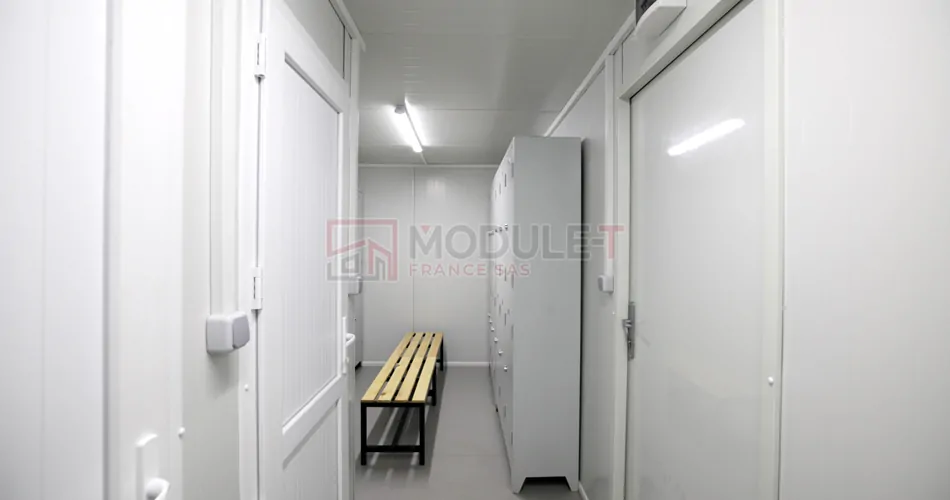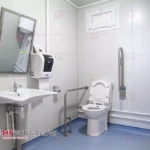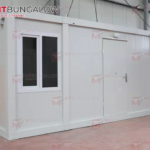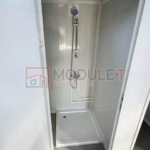In the construction sector, the safety and well-being of workers are top priorities. One often overlooked yet crucial aspect of workplace safety is the layout of changing rooms on construction sites. These facilities must comply with specific regulations to ensure both comfort and safety. In this article, we explore the main rules and best practices to follow when setting up construction site changing rooms.
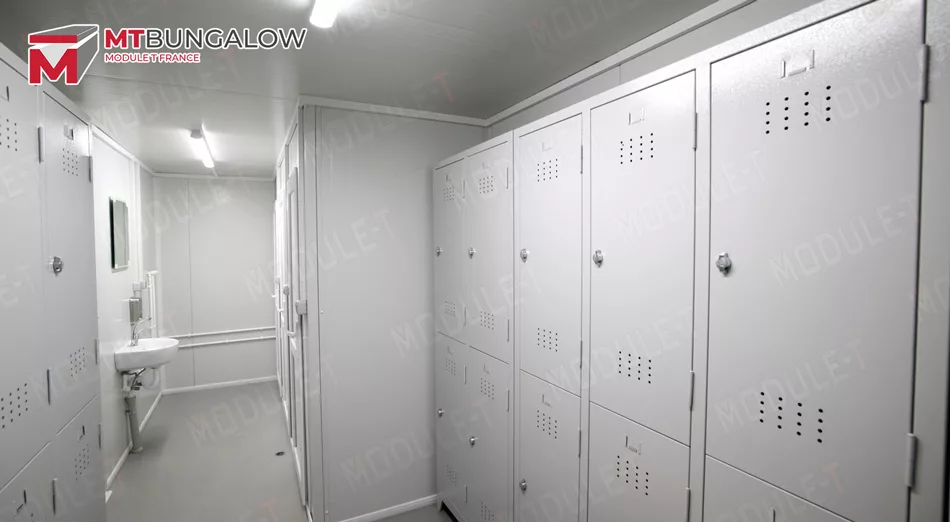
Why Construction Site Changing Rooms Matter
Changing rooms on construction sites are more than just a place to change clothes. They play a key role in protecting the health and safety of workers. Providing a clean, secure area to store clothing and personal belongings helps prevent accidents and improves worker morale. Well-designed changing rooms also support compliance with occupational health and safety regulations.
Comfort and Hygiene
Ensuring comfort and hygiene is one of the most important aspects of changing room setup. This includes providing adequate space for workers to change, along with proper storage solutions for workwear and personal items. Rooms should be equipped with benches, individual lockers, and, ideally, showers so that workers can freshen up after their shifts.
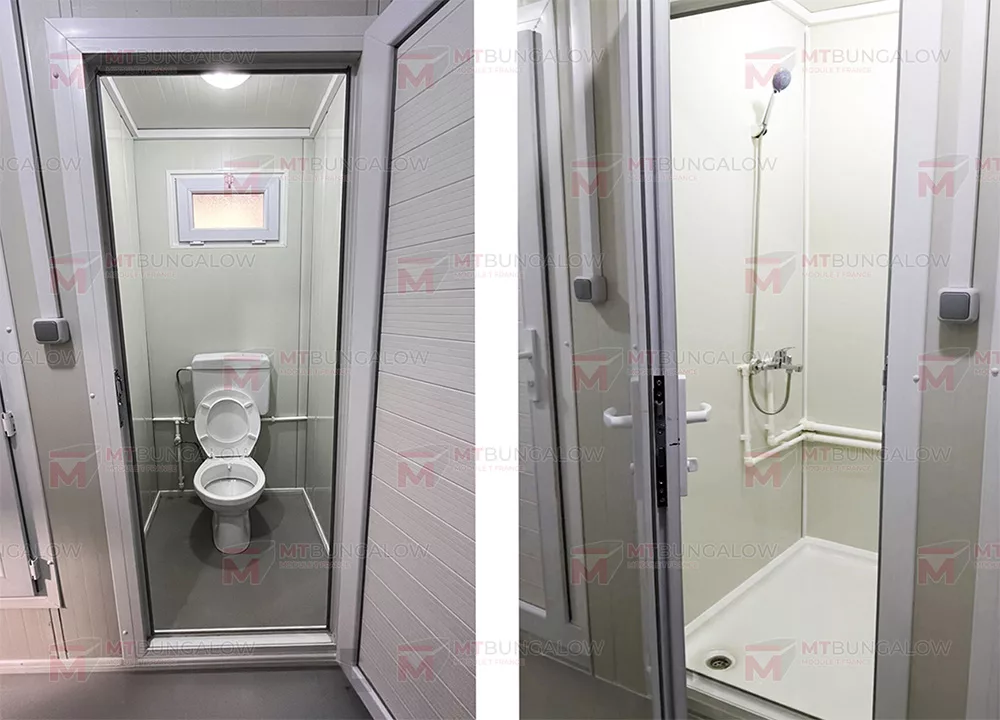
Key Regulations for Construction Site Changing Rooms
Safety Standards
Changing rooms must meet certain safety requirements to protect workers. These include construction specifications such as using fire-resistant materials and ensuring proper ventilation systems to prevent humidity and odors from building up.
Accessibility and Size
Changing rooms must be easily accessible to all workers and located within a reasonable distance from work areas. They should be appropriately sized to accommodate the workforce, with enough room for each person to change comfortably.
Separation of Spaces
There should be designated zones for workwear and personal item storage. Where possible, changing rooms should also be separated by gender to maintain privacy and comfort.
Regular Maintenance
In today’s fast-paced construction industry, modular construction site changing rooms should be regularly cleaned and maintained to ensure they remain in good condition. This includes cleaning floors, benches, and lockers, as well as inspecting plumbing and electrical systems to avoid malfunctions or hazards.
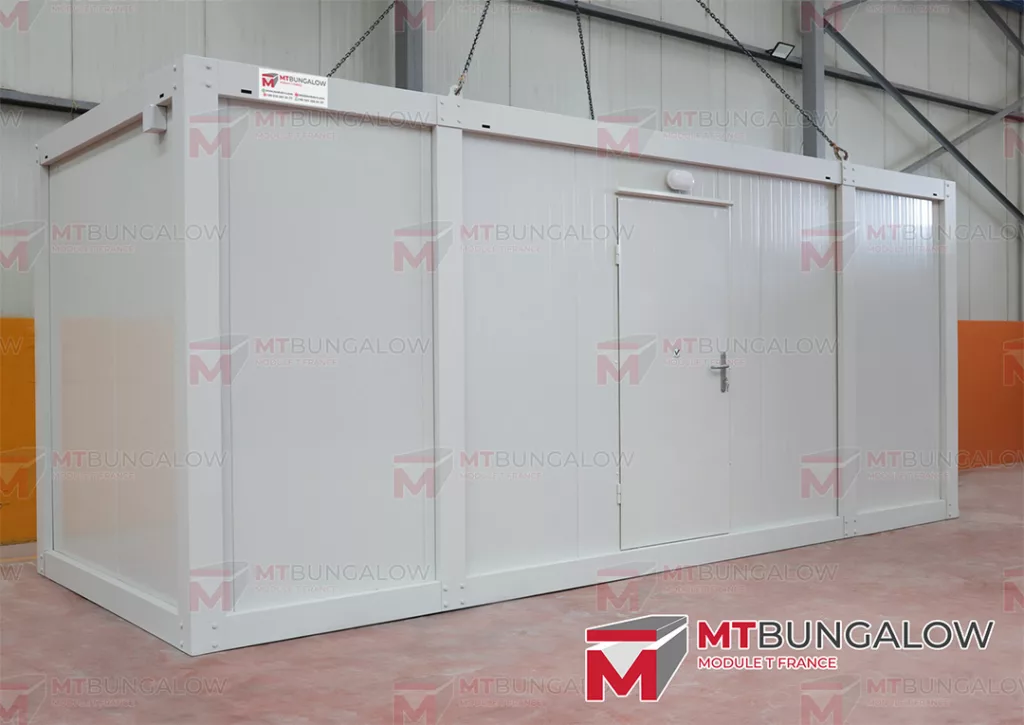
Tips for Optimal Changing Room Setup
Choosing the Right Materials
Use durable, easy-to-maintain materials. Moisture-resistant flooring like tile or vinyl is ideal. Lockers should be made of robust metal or heavy-duty plastic.
Maximize Space
Use stackable lockers and wall-mounted shelves to optimize space. Foldable benches are also a great solution for saving room when changing rooms are not in use.
Ensure Good Ventilation
Proper airflow is crucial to maintain a healthy environment. Ensure the ventilation system is powerful enough to eliminate humidity and odors. In highly humid environments, consider using dehumidifiers.
Conclusion
Complying with construction site changing room regulations is essential for the safety and well-being of workers. By providing a clean, secure, and well-equipped space, you not only meet legal requirements but also foster a more positive and productive work environment. Investing in well-designed changing rooms can significantly boost worker morale and reduce on-site accidents.
For more details about regulations applicable in your area, consult local occupational health and safety authorities. They can provide guidance to ensure your changing room facilities meet all legal and safety standards.

